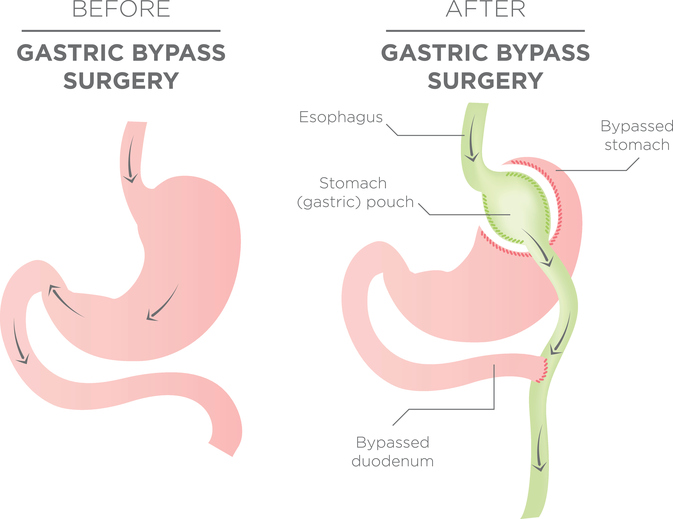The worldwide epidemic of obesity is not just a middle aged problem, a growing number of seniors who are more than 100 pounds overweight are opting for gastric bypass surgery to extend their lives. Extra weight older adults may have been carrying for decades can rapidly result in a compounding of medical issues that threaten not only quality of life but also dramatically increase the risk of an early death.
There are 13 million obese seniors in the United States today and with a elderly population expected to double by 2050, health care costs for this group are poised to soar.
It was once considered that bariatric surgery for weight loss among seniors was too risky for consideration but today, many older adults are choosing surgery when all else has failed and medical conditions such as diabetes, arthritis, high blood pressure and sleep apnea steal away quality of life.
According to the American Journal of Clinical Nutrition, bariatric surgery is the most effective weight-loss therapy for obesity but very few studies have been carried out on older patients. In the few available case studies, bariatric surgery in older adults resulted in considerable weight loss and improvement in physical function. Older patients, reports the National Institute of Health, have more pre- and post-operative comorbidities (associated with more complex clinical management, worse health outcomes) and increased health care costs and less weight loss than younger patients. However, weight loss and health improvements in patients over 60 were still considered significant.
Any surgery is a risk, especially with advancing age and other health concerns and seniors should be careful to clearly understand the risks associated with surgery. Gastric bypass surgery is the most commonly used bariatric procedure; surgeons divide the stomach into two sections forming a small pouch that becomes the new stomach, limiting the amount of food required to feel full. This rerouting also affects hormones that control blood sugar which often allows patients to reduce or eliminate the need for diabetes medications after surgery.
Risks following surgery include nutritional deficiencies because the body absorbs fewer nutrients. Patients should carefully follow nutritional guidelines and may need to take supplements. Dramatic weight loss in seniors can also have a negative effect on muscle and bone mass. Regular physical activity is particularly important to preserve strength, flexibility, endurance and balance in older adults.
To learn more about weight loss surgery visit the Cleveland Clinic website by following this link.






Add Your Voice
0 Comments
Join the Discussion